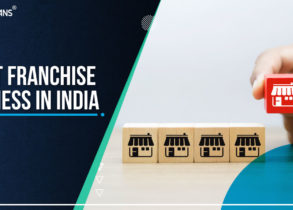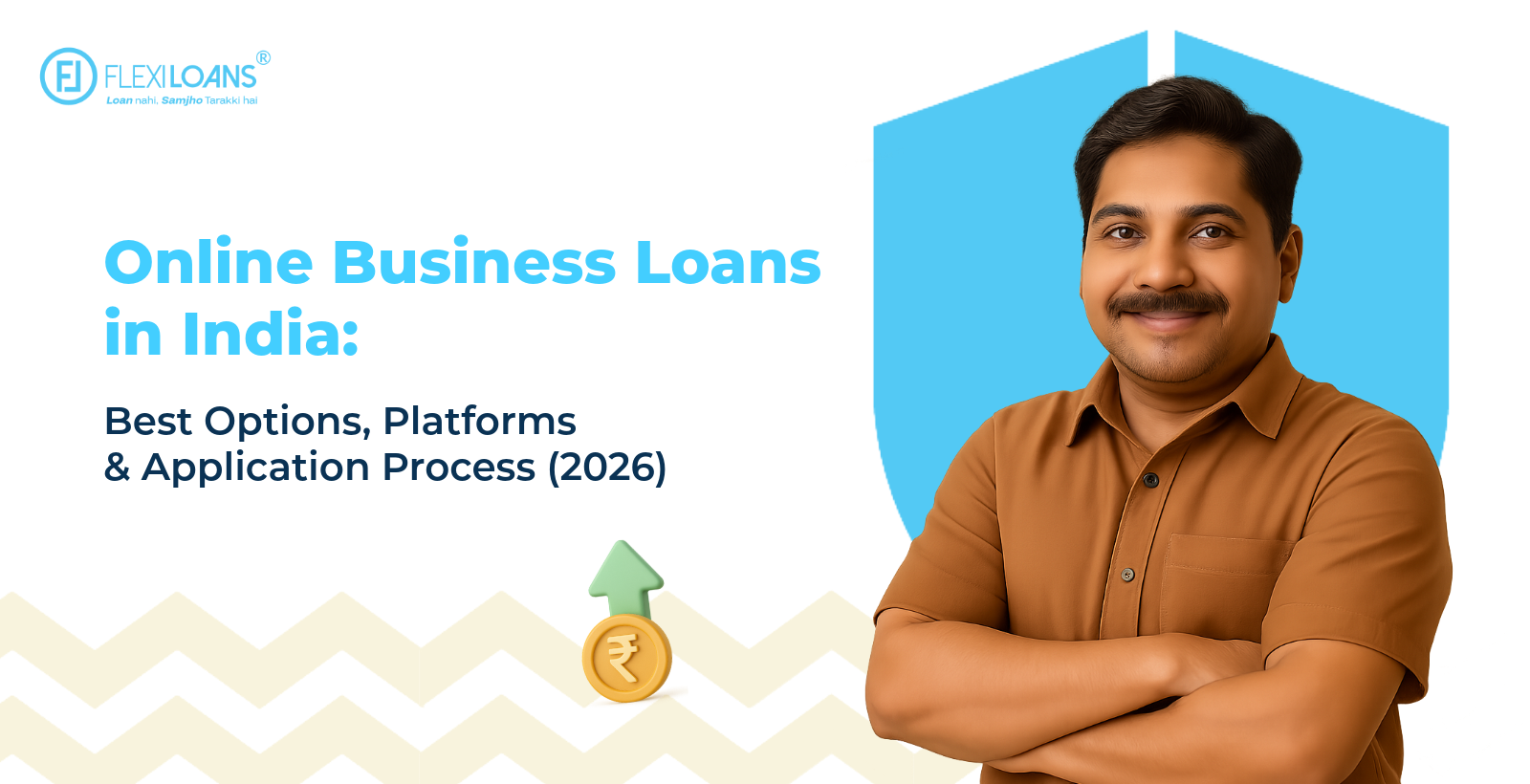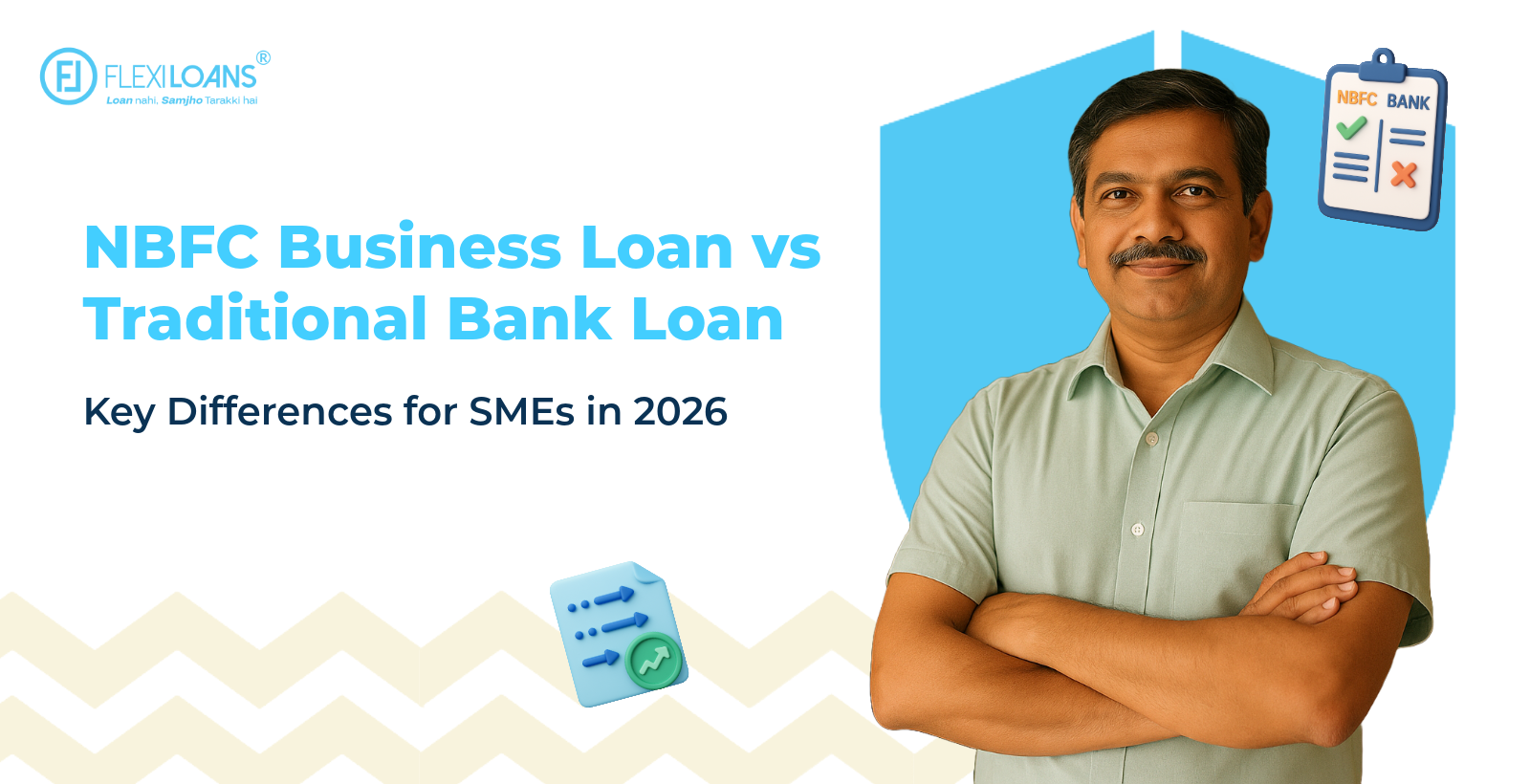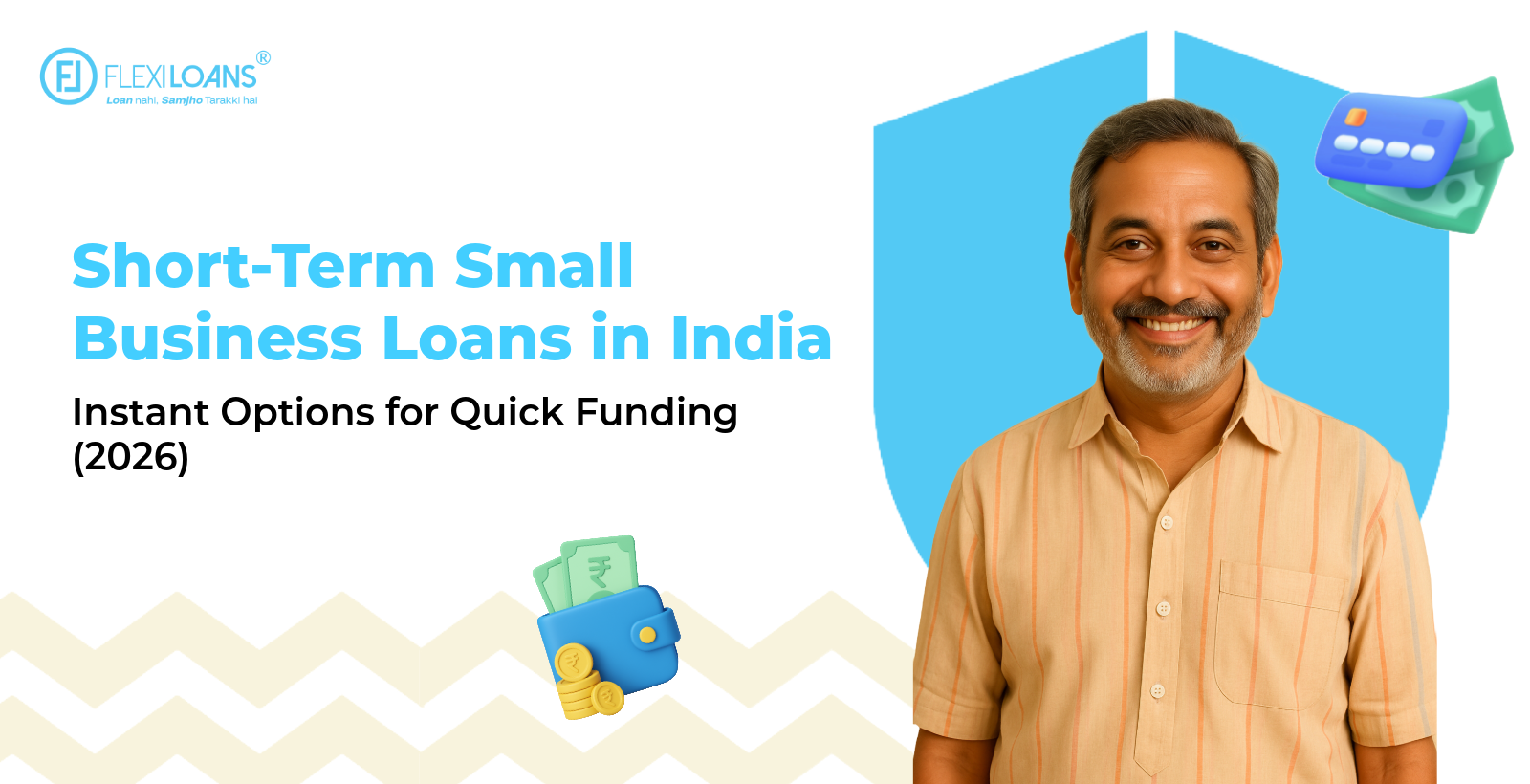Oct 06, 2021
Jan 14, 2026
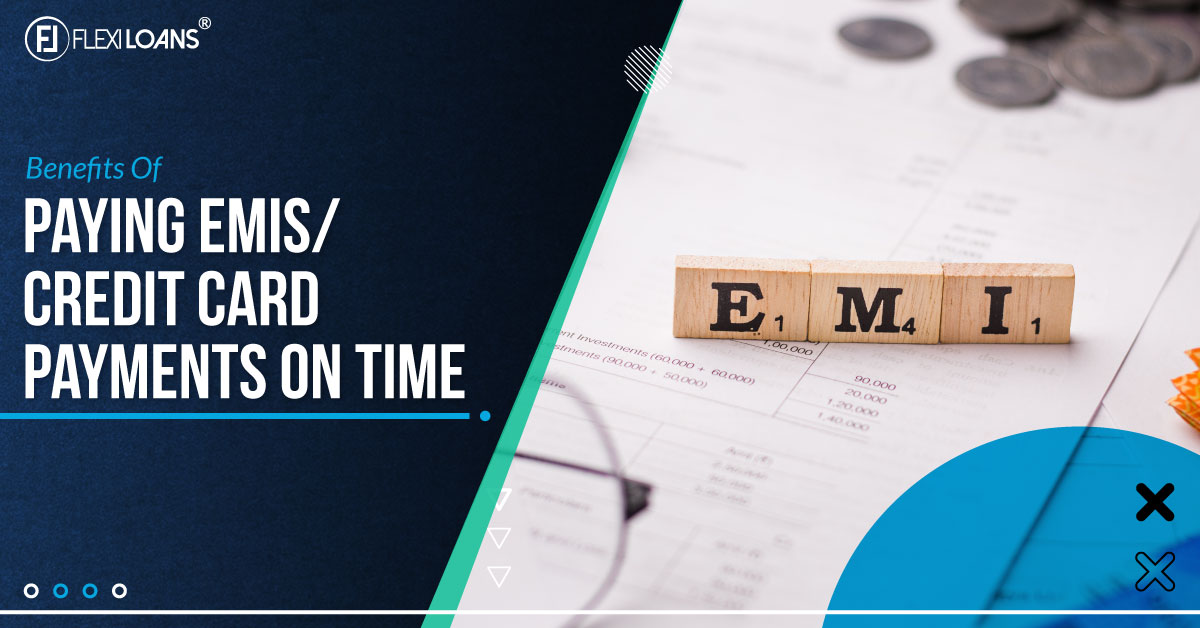
Nowadays, you can get a loan for almost anything. A secured loan with a clearly defined end use, such as a home loan or a loan for new business, is available. You can also get unsecured business loans that don’t have a specific purpose. People can get educational loans for college as well as for wedding or holiday loans. However, the credit option must be used with caution. Otherwise, you may struggle to meet your EMI payment obligations (Equated Monthly Instalments).
If you miss or delay an EMI, you will be charged a late fee in addition to the penal/default interest. If you have a collateralized loan, such as a home loan, car loan or loan against property, the bank has the right to seize or confiscate your asset. Delays in paying monthly EMIs can also hurt your credit score. It can have long-term consequences for your financial well-being and make it more difficult to obtain a loan in the future.
Benefits of Paying Credit Card EMI Payments on Time
While the most apparent benefit of making on-time EMI payments is a lower financial burden, you can avoid paying a substantial amount by making monthly on-time payments. But there are many other benefits that you may not know of. Let’s check them out.
Improve your credit score
Your credit history often determines the size of your loan and interest rate. Your credit score will improve if you already have a loan and make on-time EMI payments. Your excellent credit is bolstered by timely repayment of each monthly installment. When you apply for a loan, the banking institution will frequently consider your good credit history before accepting your loan request. If you have a good credit history, you may be able to get a larger loan amount.
Prevent paying late or default fees
Failure to repay a debt as well as making late or no payments on a loan can have serious consequences for the borrower. Lenders may seize your assets if you fail to make EMI or loan payments regularly. Furthermore, if you default on your loan, they may levy a hefty penalty. The fine is frequently calculated as a percentage of the outstanding EMI. However, if you make your EMI payments on time, you won’t have to worry about these scenarios.
Get access to top-up loan options
A top-up loan is a type of financing in which the borrower receives a loan in addition to the one he/she already has. This is available to borrowers who take out a personal loan, a business loan, or a mortgage.
The borrower only needs to make sure that all monthly EMIs are paid on time. It will improve your credit score, and as a result, you may be able to secure a new loan to cover the shortfall. Also, topping up a home loan carries the same interest rate as a regular home loan, making it less expensive than an unsecured personal loan for any given reason.
Improve your credibility
Borrowers and financial institutions have a two-way relationship. Lenders make money by charging borrowers fees and interest. Borrowers, on the other hand, rely on lenders for financial assistance. However, lenders will only lend money to those they believe will repay it on time.
Your credibility in this relationship may enable you to obtain loans or a higher credit limit. The only way to establish credibility is to make timely payments. In turn, lenders will offer you a higher credit limit and more appealing products, such as low-interest loans.
Prevent paying high interest rates
The interest rates on credit cards are the highest for any financial instrument. In some cases, the annual percentage rate can reach 35-40%. Each day, it is calculated based on the accumulated interest on the outstanding balance. Due to the high interest rates charged by credit card companies, paying off your credit card debts late can result in accumulated interest charges. If not managed correctly, you may end up paying far more than what was originally agreed upon.
Increase your credit limit
If you pay off your credit card EMIs on time and in full each month, you may be able to increase the credit limit on your card. This is useful if you ever find yourself in a bind and need money. Higher credit limits may assist you in saving money by lowering your credit usage percentage. This ratio represents the difference between your credit card limit and your actual spending on the card.
If you only use a small portion of your available credit and repay it on time, you can improve your credit history and score. Reduce your credit usage ratio as much as possible, as this will improve your credit score.
Get loans at lower interest rates
As discussed earlier, paying your credit card and loan EMIs on time can improve your credit score and history. This can help you secure a larger loan amount. But there is another benefit that you get by making timely payments. You can secure loans at lower interest rates. The better the credibility and credit score you have, the lower the interest rate the banks charge.
For instance: You need loans for a new business, and you now seek to apply for a business loan or MSME business loan for a new business. The better the credit history and score you have, the greater are the chances of securing a loan at lower interest rates.
You may also be offered gift certificates, large credit limits, and shopping cards by your lender. It can give you a better experience and offers on both online and offline purchases.
Tips to Make Sure You Make Timely Loan and Credit Card EMI Payments
Now that you know how important it is to make timely EMI payments along with its benefits, here are a few tips to help you pay EMIs on time.
Analyze your monthly expenditure
If your EMI payments are eating up more of your monthly spending than you anticipated, it’s time to make some changes. It’s a bad idea to spend money on frivolous things like nightclubs, movies, and fancy restaurants. Also, try to keep your use of credit cards to a minimum. Because credit cards have higher interest rates, using them can increase your debt load unnecessarily.
All of these things can help you make better financial decisions. Also, there are several EMI calculators available that can assist you in determining your monthly payment obligations before taking out any loans.
Increase repayment amount if possible
Be a wise borrower and increase the amount you pay for your monthly EMI if your income increases. It’s one of the simplest methods for quickly getting out of debt. Here’s an example to help you understand: What happens if your monthly income increases by 30%? At that point, you can increase your monthly payment by 5 to 10%.
You can increase your EMI payment amount annually in the same way that you can increase your expenditure. When you have extra cash in hand, paying off your debt ought to be the top priority.
Leverage your investment
Do you feel the weight of a high-interest loan on your shoulders? Is your financial situation deteriorating as a result of EMI payments that have been missed? So, here’s a way to get around it. A PPF or a life insurance policy can now be used as a collateral to secure a loan.
The PPF allows investors to borrow against the remaining principal after the third year of investment. The original sum, however, is subject to a three-year return requirement. You can sell your mutual fund shares or certificate of deposit to pay off your debts (CD).
If you have an FD interest rate of 7% and a loan interest rate of 16%, liquidating your investment can help you pay off your EMIs on time.
Debt refinancing/consolidation
If you have a lot of debt, it may be difficult to make your EMI payments on time. If you do not pay your EMIs on time, you will be penalized and your credit rating will suffer. Debt consolidation, also known as debt refinancing, may be an option for lower-interest-rate business loans. The idea is to borrow money at a lower interest rate than you are currently paying on your current debts. You can use this method to reduce your overall debt and reorganize it so that you can pay it off faster. If you have a lot of credit card debt, you can use a personal loan to help you pay it off. Because personal loan interest rates are much lower than credit card interest rates, you can simply repay the entire loan amount.
Final Words
Examine your earnings before applying for a business loan. The general rule is that your EMI should never exceed 50% of your gross earnings. Unexpected events may jeopardize your repayment capacity. Instead of fleeing from your lender, look for a plan that allows you to make consistent online EMI payments. It will assist you in building a better credit history and giving you access to more and better borrowing options in the future.


